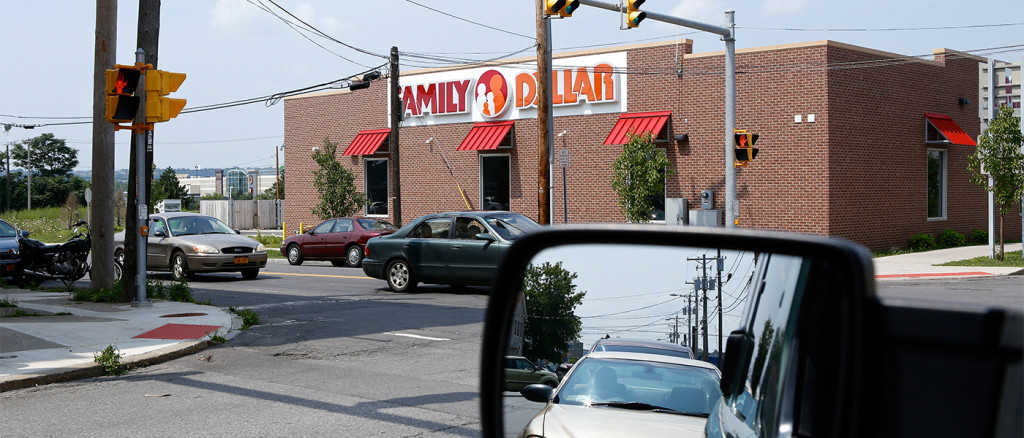It’s been tough going for those trying to get food stores to operate in the city of Syracuse.
Late last year, a healthy-eating-themed cooperative store underwritten by Syracuse University – the Eat to Live Food Cooperative, 2323 S. Salina St. – crashed on takeoff, closing after barely two months of operation. An effort by Jubilee Homes to open a supermarket on South Avenue has languished for the past five years.
Corner convenience stores across Syracuse have been cited by the city for code violations after a series of snap inspections ordered by Mayor Stephanie Miner, and a neighborhood uprising on Midland Avenue caused the cancellation of one merchant’s plan to open a corner store near Bellevue Avenue.
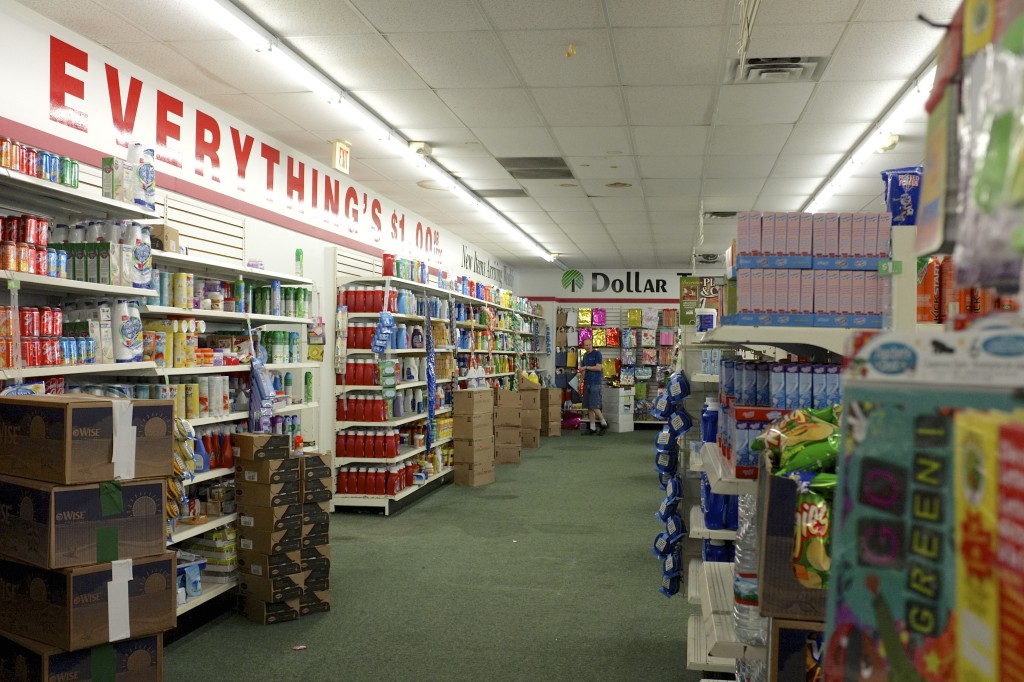
Even downtowners have had trouble attracting a full-scale food market. Last month, Sen. Charles Schumer (D-N.Y) stopped in Syracuse to announce that he was going to lean on Whole Foods and other grocery chains to help feed the hungry hordes repopulating downtown.
But business is booming at Family Dollar. The budget chain operates 11 stores in the Syracuse area, 18 in Central New York, and keeps on selling in the toughest of places in the toughest of times.
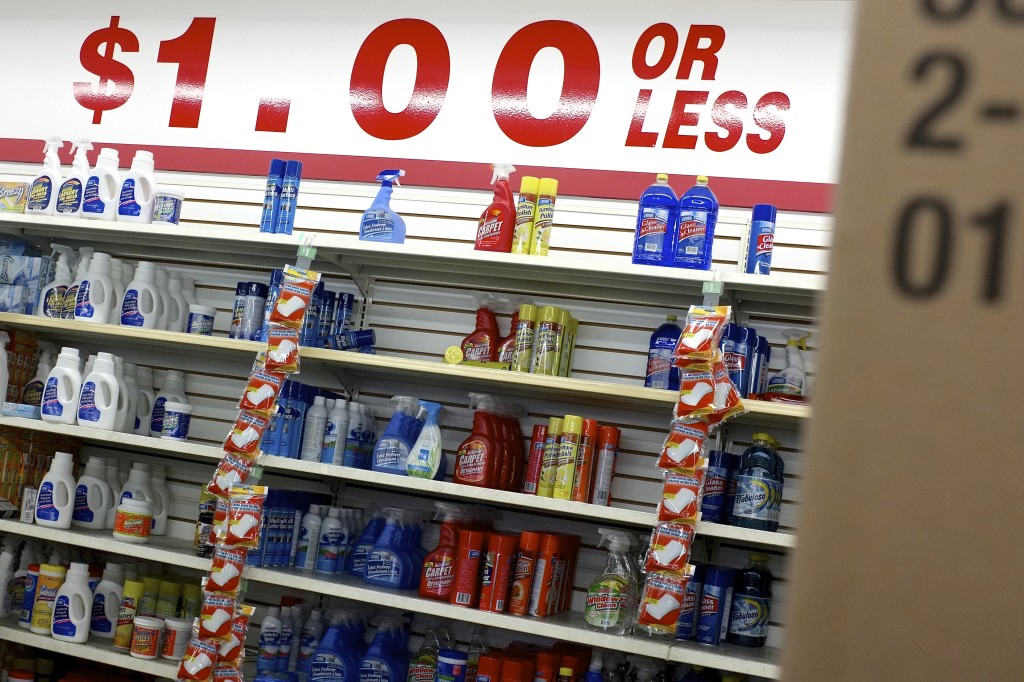
The first of the month is the best of times for Family Dollar stores, according to shoppers and managers at the chain’s inner city locations. That’s when most people living on public assistance and food stamps get their plastic benefit cards recharged, they say, and the lines of people purchasing foodstuffs, toiletries and even cheap clothing grow at Family Dollar.
Recently, Dollar Tree, a rival chain that operates six stores in the Syracuse area, announced it was purchasing Family Dollar. Family Dollar will continue to operate under its own name and will keep at least through the end of the year its chief executive officer: Howard Levine, the son of the man who founded the company 50 years ago.
Analysts on Wall Street were delighted by the merger, which should be complete within the year. Dollar Tree paid $8.5 billion for Family Dollar, a price per share 23 percent higher than Family Dollar’s stock trading price. Still, some analysts considered that a bargain, and some criticized Wal-Mart for missing the opportunity to take over the chain.
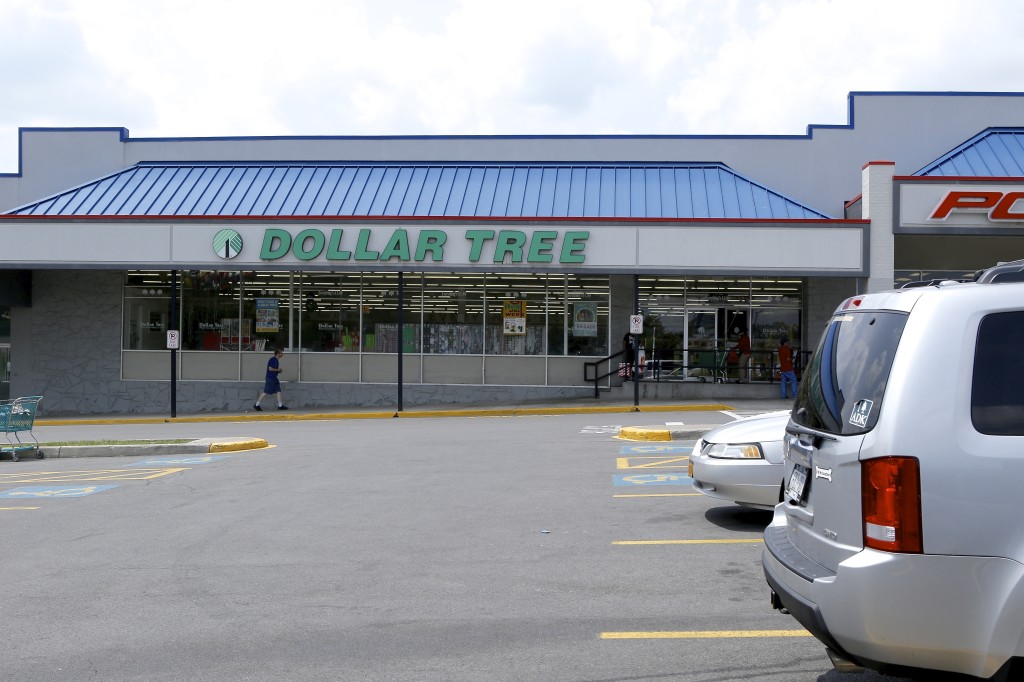
Dollar Tree stores sell every item for $1; Family Dollar stores are considered “extreme value” stores, but they don’t limit themselves to single-digit pricing. At Family Dollar, you can find price tags as high as $10.
So, why is the discount retailer such a hot commodity for investors?
According to retail analyst Howard Davidowitz, it’s because the American economy of late has pushed so many middle-class people into poverty, and poverty is what pushes people to line up at the cash registers of Family Dollar stores.
“The dollar stores are doing better because they have more and more customers who are trading down,” Davidowitz said on NPR’s Here and Now. “If you look at the reality, you will see what’s happening in the economy. And it doesn’t look too pretty.”
According to Bryn Winburn, who speaks for Family Dollar, the company’s niche is responsible for its success.
“It’s still in vogue to save money,” says Winburn, speaking from corporate headquarters in Charlotte, N.C. “Our stores are small, there is parking right outside, we have a price point lower than many stores, and you can be in and out in 10 minutes.”
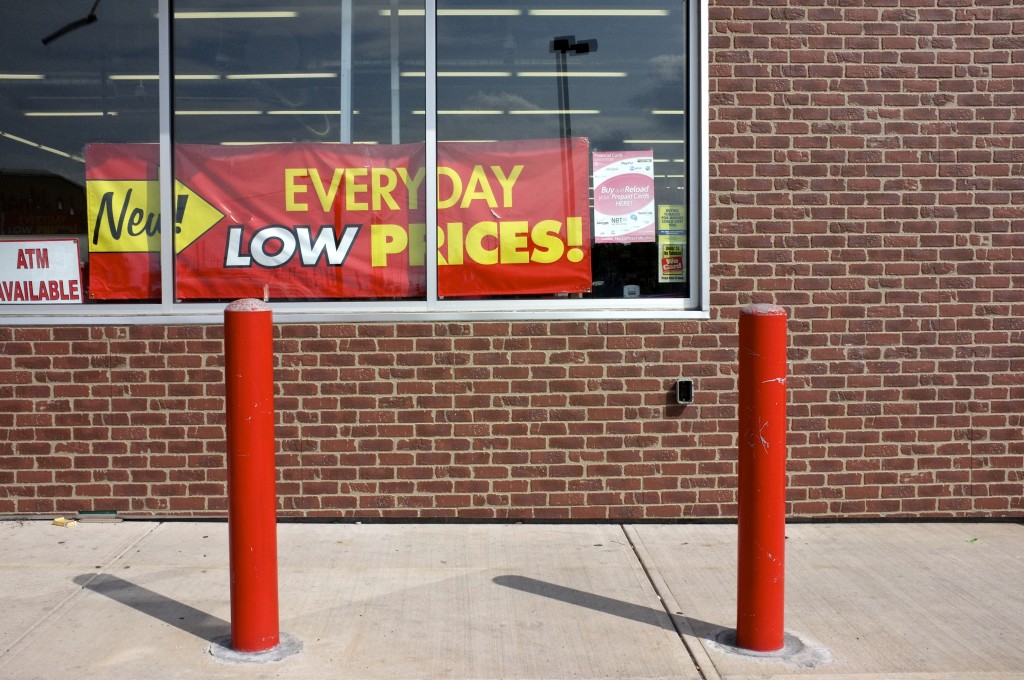
Family Dollar carries the same inventory in all its 8,000 stores spread across 46 states. Its shelves are stocked with packaged foods, cleaning products and snacks; soda and cigarettes are big sellers. It doesn’t carry the fresh fruits and vegetables that nutrition experts find most lacking in inner city neighborhoods, but it sells some preserved meats, such as hot dogs, and frozen pizzas and other frozen foods.
“If you know that you can get a good deal, why would you pay more?” asks Winburn.
“This is a great sector,” says Davidowitz, a Manhattan-based consultant to dozens of retail brands. “They have the highest profits we’ve seen in the last few years.”
The Great Recession, which began in 2008, has produced more and more customers for stores like Family Dollar.
“We’ve doubled the number of Americans in poverty,” he says. “We’ve doubled doubled the number of people on food stamps. Today, you have one out of six Americans in poverty, and the middle class has shrunk tremendously. These stores appeal to those with very little money. The motivation to go there is a rock bottom price. It’s a great sector, extreme value.”
All of the grim economic news since 2008 appears to be good news indeed to the dollar store investors.


